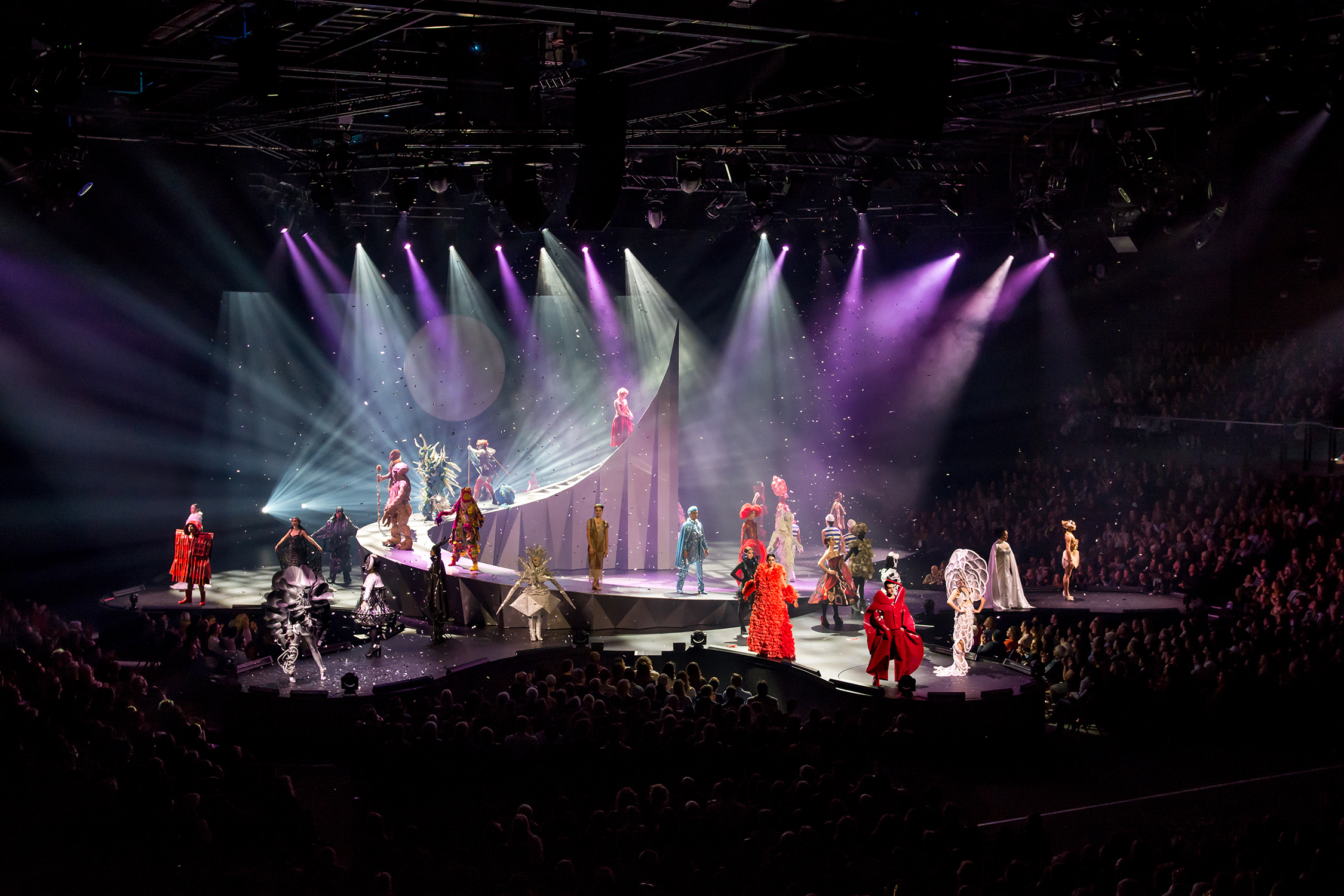In 2001, iconic Kiwi songwriter Neil Finn brought together a few top musical friends to make a charity album. Those friends are some of the world’s top musos; the album, an acclaimed live recording featuring the best of five sellout 7 Worlds Collide shows.
In 2001, iconic Kiwi songwriter Neil Finn brought together a few musical friends to make a charity album. Those friends are some of the world’s top musos; the album, an acclaimed live recording featuring the best of five sellout 7 Worlds Collide shows. As the second album hits stores, Neil talks to Andy Kenworthy about positive inspiration and turning the lights off
There are a lot of different ways people interact with issues and causes out there. I’m a little bit wary of celebrity-driven campaigns where people’s voices carry more weight simply because of their celebrity status. I just think most of the people on the project were of a like mind, we just love music and we love creating something which makes people feel good. In that state, when people are feeling something, they’re more receptive to good ideas, so I believe that’s a positive upshot. When you’ve been inspired by a concert, you leave feeling like reaching out in your own life to various people. It puts you in a positive frame of mind, so maybe you will make some positive contribution. 
The second 7 Worlds Collide album—The Sun Came Out—brings together Johnny Marr, KT Tunstall, Radiohead’s Ed O’Brien and Phil Selway, along with alternative outfit Wilco, and local heroes Bic Runga and Don McGlashan. The stellar lineup played last Christmas at Neil’s Auckland studio and to packed concerts, ably supported by most of the Finn family. Proceeds from the first 7 Worlds Collide album went to the international aid organisation Medicin Sans Frontiers; this time, Oxfam.
But I don’t think I’ve ever written a song or approached a piece of music with some kind of political, social, or environmental cause in my mind. I don’t think that’s my kind of song. I write interpersonal songs about states of mind, and places. I try to describe the way people think. Similarly, with this record [The Sun Came Out], the main purpose was to make a great record, get a true collaboration going and make a soulful, entertaining record, and I think we did that. I think the complete picture is built by it ultimately going to do some good, I hope, if it sells a few copies and some people benefit from it, and maybe there’s some good karma in it as well!
My dad was a real stickler for turning off lights, and I am nowhere near as good at it as he is. But he grew up in the generation during the depression and there was a sort of environmentalism born of being thrifty in those days. You don’t waste power because it costs money and you don’t waste food because it’s precious. And that sort of got passed on but, to be honest, not as relentlessly. [Interestingly, when Good interviewed Liam Finn, he said Neil was the one telling them to turn off lights when they weren’t using them. —Ed]
The studio generates shit-loads of power. I’ve investigated two or three different solar systems that might end up on the roof but up to this point I can’t honestly say I’ve found one which is going to make a significant difference. The technology isn’t quite good enough to really put much into the grid. We can do the hot water, which we will do, and that’s the bare minimum, but to run the whole studio, from what we have been told, we haven’t quite solved that. We are looking at that and we will get there. We’ve got a good west-facing roof so, at some point, we’ll be solared-up.





